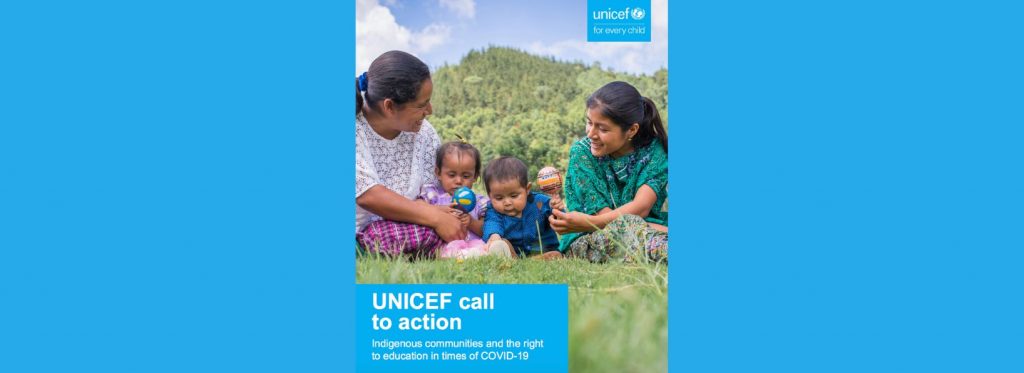According to data from the International Work Group for Indigenous Affairs (IWGIA), in Latin America, there are more than 45 million people who belong to more than 800 groups of indigenous peoples, half of whom consist in less than 3,000 people.
In recent months, there have been serious repercussions of COVID-19 throughout the region, affecting indigenous populations who, in most countries, live in areas with low or insufficient coverage of health and social services.
The Inter-American Commission on Human Rights (IACHR) has warned of: “the situation of special vulnerability in which indigenous peoples find themselves, particularly those in voluntary isolation and initial contact, and highlights the need to develop specific responses for these groups that are respectful of their worldview and cultural diversity.”
Despite the difficult situation created by the pandemic, it is worrying that the official statistics of the countries, even those with a high percentage of indigenous population, do not reflect the true magnitude of COVID-19 cases among the indigenous peoples; this is due to the general tendency to make these especially vulnerable groups invisible .
The International Forum of Indigenous Women has pointed out that: “[the pandemic] is increasing the cross-sectoral disadvantages that impact indigenous women, combined with impoverishment, limited access to health services and drinking water, the forced displacement from our territories, the degradation of the natural resources due to extractive industries, energy projects and the consequences of climate change, which generally affect indigenous peoples”.








